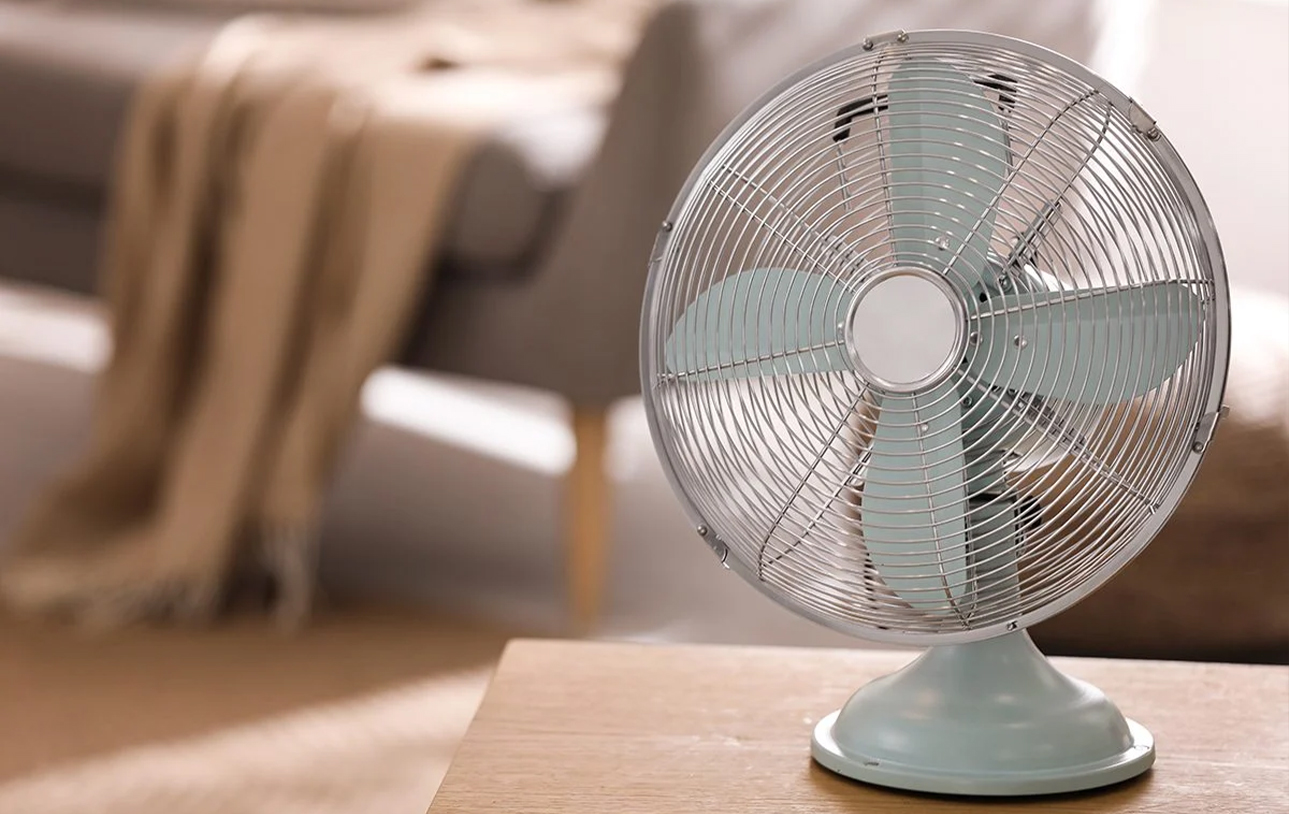
How to Manage a Chronic Illness in the Summer Heat
While summers are the best time to have picnics, pool parties, and trips to the beach, it can get uncomfortably hot. As a result, you may have trouble completing basic tasks because you’re sweating so much. This is especially the case for people with chronic illnesses. Chronic illnesses like diabetes, heart conditions, arthritis, lung cancer, and many other illnesses can lead to excessive discomfort and irritation during the warmer months. That’s because such conditions make maintaining a proper body temperature challenging and can make even the most minor tasks extremely tiring. Fortunately, you can practice a few helpful tips to reduce the impact of the summer heat.
You can enjoy the summer months if you keep yourself hydrated, eat the right food, and understand the effect of heat on your body. Here are some tips that you need to consider during summers.
Do Research
It’s important that you do some research on your medical condition before trying out a home remedy. Ideally, you should consult your pharmacist or doctor. Before summer starts, ask how high temperatures and sunshine can impact you. Similarly, they can guide you on what you should avoid or incorporate into your daily regime. Your doctor might change your prescription as certain medications make you feel hotter than others.
For instance, anti-depressants can impact your body’s ability to manage sweat or temperature. Also, Lupus patients suffer from photosensitivity, which can lead to extreme fatigue, skin rashes, or increased pain. So, you can prevent severe problems when you know how heat can impact your life and what things you need to look out for.
Keep Yourself Hydrated
When you sweat profusely during the warmer months, your body loses water. So you must replenish your body’s water levels by staying hydrated. Ask your doctor how many ounces of water you should consume per day and whether you should have more than the average person. This way, you’ll learn whether your particular condition impacts your ability to stay hydrated.
Dehydration can make you feel tired and lightheaded. It can also prevent your body from regulating its internal temperature, which is crucial for proper organ function. Consequently, you must avoid dehydration. Drink more water when you’re engaging in physical activity like running. Keep a water bottle when you leave the house and carry extra bottles on a long trip. Start your day by drinking water as soon as you wake up. This will help you freshen up. If you get thirsty, you are already dehydrated, so try drinking water throughout the day.
Here are some symptoms of dehydration.
- Dry skin
- Loss of appetite
- Irritability
- Unexplained tiredness
- Abnormal dark urine or decreased urine volume
- Dizziness
- Rapid breathing
Avoid Extreme Heat
This is a no-brainer. You should avoid going out when it’s sweltering. It’s the simplest way to alleviate the impact of the scorching sun and hot summer days. Changes in barometric pressure and temperature can cause fatigue and joint pain. Preventing these issues is easy if you perform all your outdoor activities early morning or evening. Peak hours from 10 am to 4 pm are the most dangerous, as this is when the summer heat is at its peak.
If you can’t avoid going out of your home in the sun, it’s best to prepare yourself before stepping out of the house. Carrying a cool pack or a hand fan can help you stay cool. Opt for light-colored and loose-fitting clothing whenever you go out. Your clothes need to be breathable, which allows air to pass through. Staying indoors during hotter parts of the day, increasing your fluid intake, and limiting sun exposure will help you avoid unbearable summer days.
Benefit from Fresh Summer Fare
While summer can be uncomfortable because of the weather, it’s also when you get many seasonal fruits and vegetables. These summer food items are a great way to supply your body with water and nutrients that help your body fight off the effects of excessive heat. They also improve your mineral and vitamin reserves while keeping you nourished and hydrated. Some tasty summer items are:
- Corn
- Watermelons
- Tomatoes
- Stone Fruits
- Berries
- Cherries
- Cucumber
These fruits and vegetables make great ingredients for a cool and refreshing salad. Or, you can eat them separately. Most summer produce does wonders to keep the body cool during the hotter months.
Install a New Air Conditioner
If you think that summer days can impact your health, preparing for the summer before they arrive is important. One of the things you can do is improve your home’s air quality. Keeping your house cool and at a comfortable temperature will help you sleep well, prevent dehydration, and keep your mind and body active so you can perform daily activities.
An air conditioner will help you maintain a comfortable indoor temperature. It allows you to set a temperature based on your requirements, but make sure to install an AC before summer knocks on your door. If you already have one, hire an expert to get it checked before summer. Have them make necessary repairs or replacements so you can spend a comfortable summer indoors.
Bottom Line
Though everyone dreads the summer heat, patients with chronic illnesses have a harder time making it through warmer days. Higher body temperature can lead to headaches and various other symptoms. Hence, patients with severe conditions may suffer from more pain during the summer months. This makes it crucial to use strategies to manage symptoms during hotter days.
To do so, you need to drink the required amount of water, eat summer foods, install an air conditioner, and avoid going outside during hotter hours. Limiting sun exposure will also help prevent your condition from worsening.




